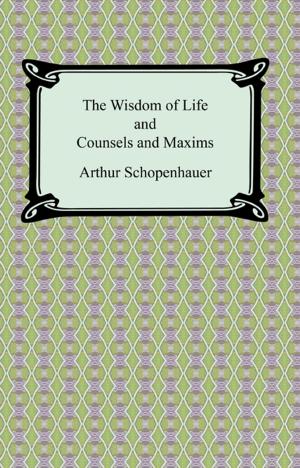| Author: | Thomas Hardy | ISBN: | 9781420937473 |
| Publisher: | Neeland Media LLC | Publication: | December 15, 2009 |
| Imprint: | Digireads.com Publishing | Language: | English |
| Author: | Thomas Hardy |
| ISBN: | 9781420937473 |
| Publisher: | Neeland Media LLC |
| Publication: | December 15, 2009 |
| Imprint: | Digireads.com Publishing |
| Language: | English |
In the sphere of poets like Swift, Meredith and Kipling, Thomas Hardy is today becoming recognized as one of the greatest English poets of this century. As a young man with interests in journalism, art, and architecture, Hardy achieved greatness in the fiction genre early on, writing novels for a living until his mid-fifties. He then abandoned fiction entirely in order to devote himself to his true passion—poetry. This ample selection of poems demonstrates Hardy's experimentation with intricate stanza forms and rhyme schemes, as well as his genius for rhetorical ambiguity. Set in his native, rural Dorset, his "Selected Poems" include such well-known pieces as "During Wind and Rain," "Afterwards," "The Darkling Thrush," and "The Oxen." Although most of the acclaim for his poetry was received posthumously, Hardy's poetry evokes themes and ideas that transcend time. Readers today still enjoy these poems of love, nature, and life's little ironies.
In the sphere of poets like Swift, Meredith and Kipling, Thomas Hardy is today becoming recognized as one of the greatest English poets of this century. As a young man with interests in journalism, art, and architecture, Hardy achieved greatness in the fiction genre early on, writing novels for a living until his mid-fifties. He then abandoned fiction entirely in order to devote himself to his true passion—poetry. This ample selection of poems demonstrates Hardy's experimentation with intricate stanza forms and rhyme schemes, as well as his genius for rhetorical ambiguity. Set in his native, rural Dorset, his "Selected Poems" include such well-known pieces as "During Wind and Rain," "Afterwards," "The Darkling Thrush," and "The Oxen." Although most of the acclaim for his poetry was received posthumously, Hardy's poetry evokes themes and ideas that transcend time. Readers today still enjoy these poems of love, nature, and life's little ironies.
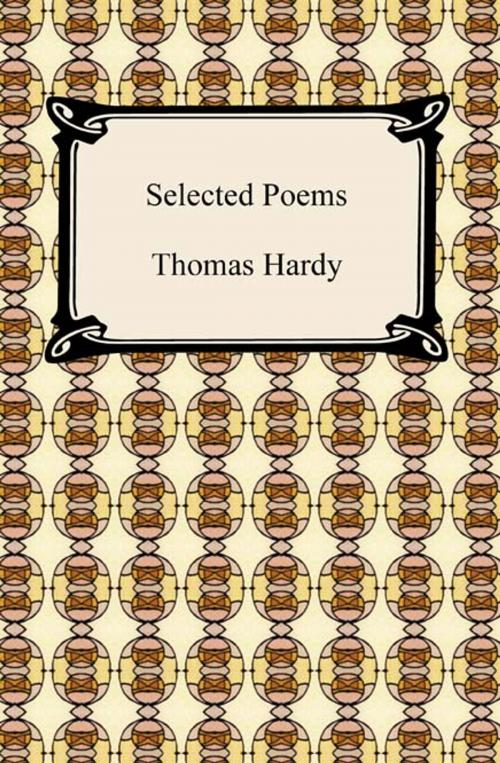
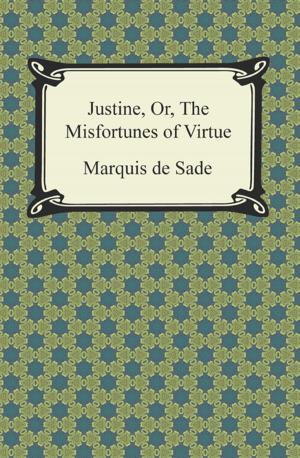
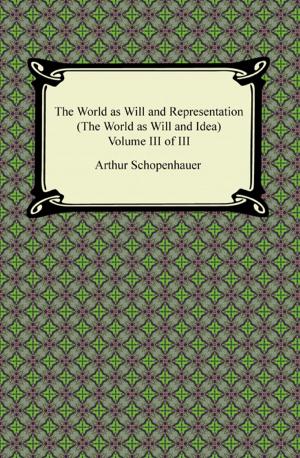
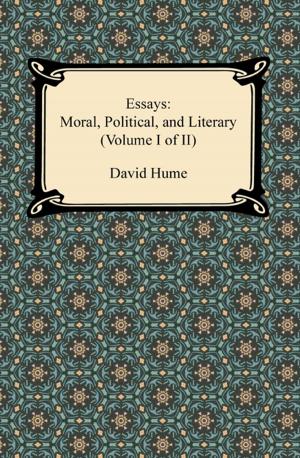

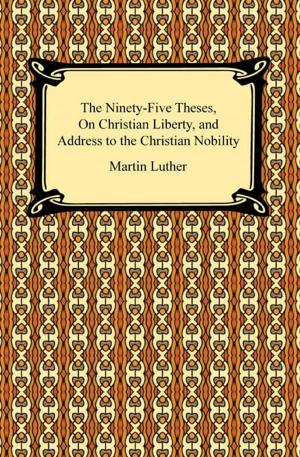
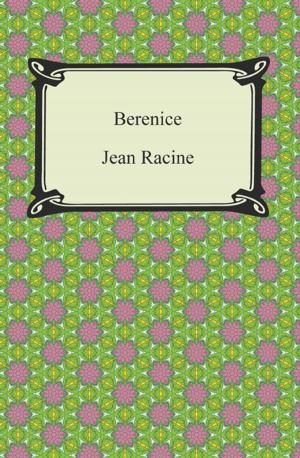
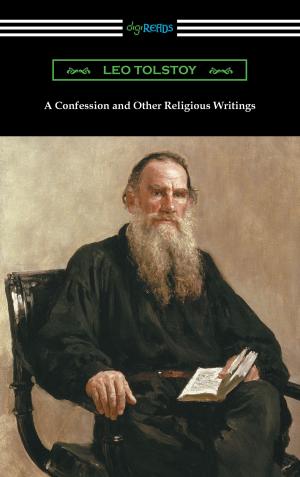
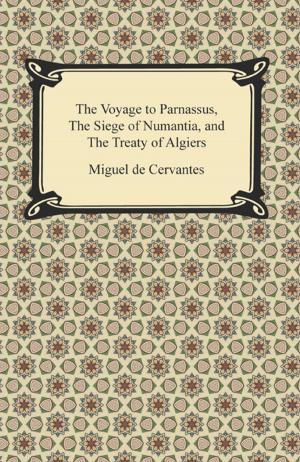

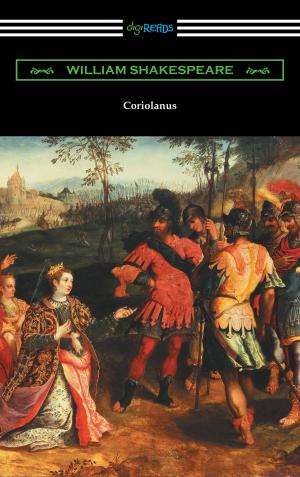
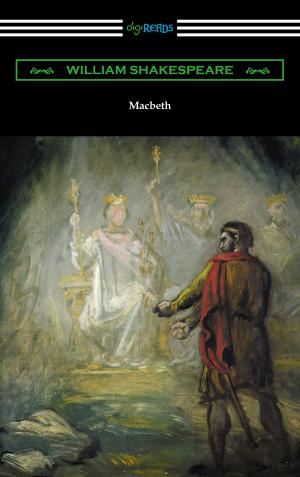
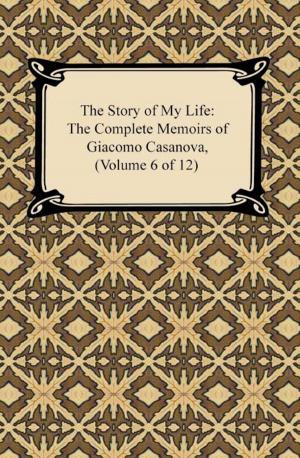
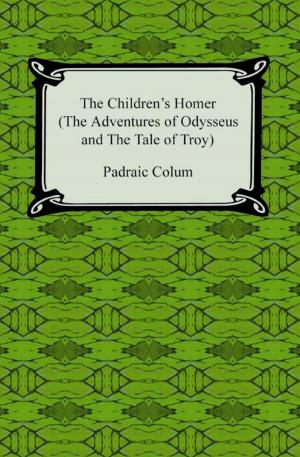
![Cover of the book Dante's Purgatorio (The Divine Comedy, Volume II, Purgatory) [Translated by Henry Wadsworth Longfellow with an Introduction by William Warren Vernon] by Thomas Hardy](https://www.kuoky.com/images/2017/may/300x300/9781420954968-2oRA_300x.jpg)
